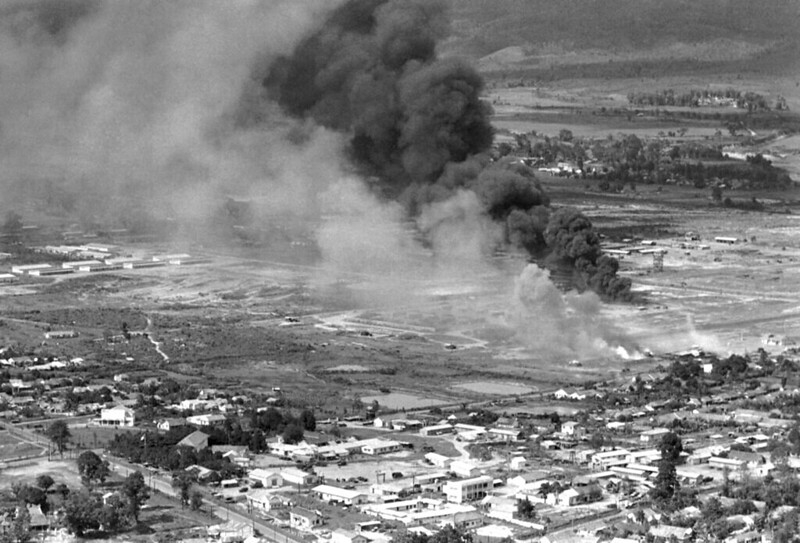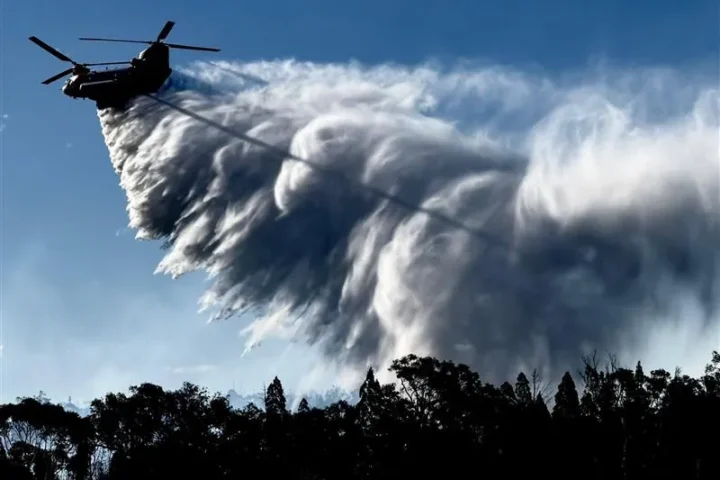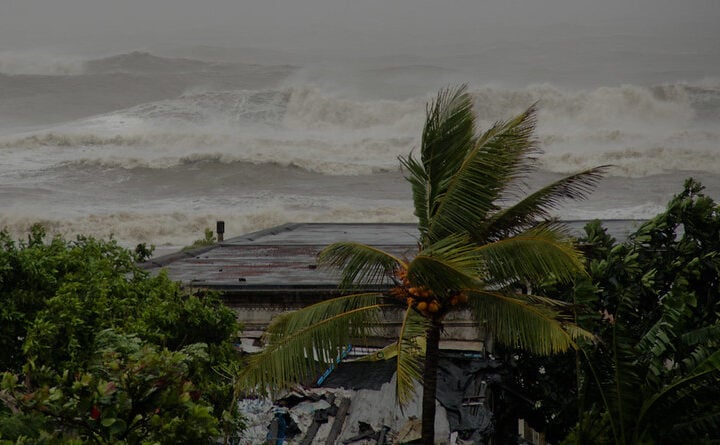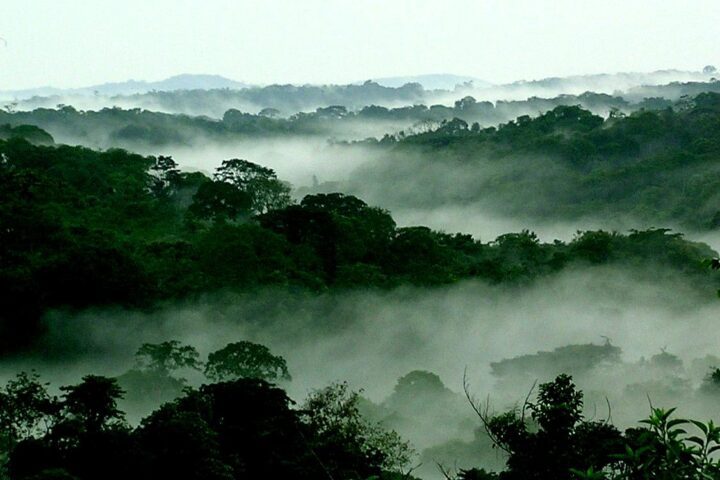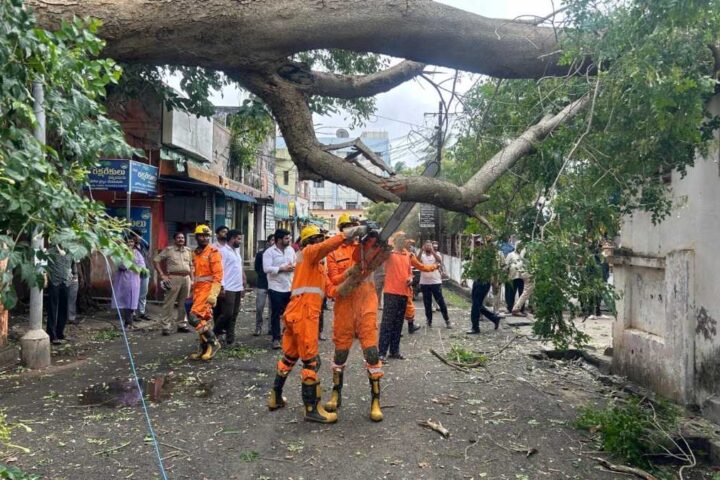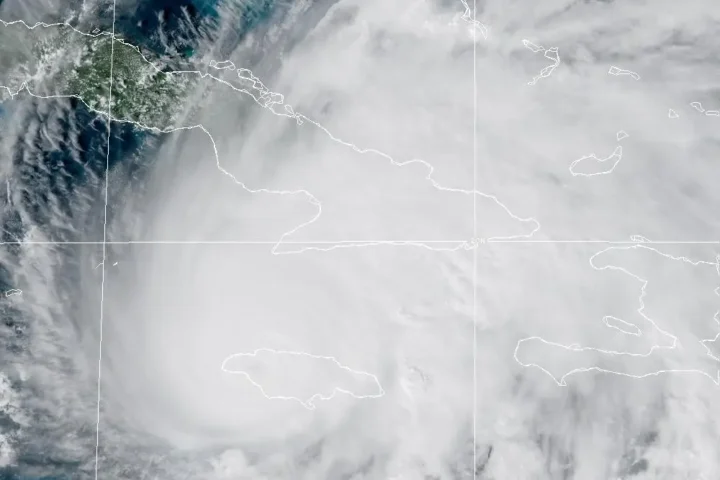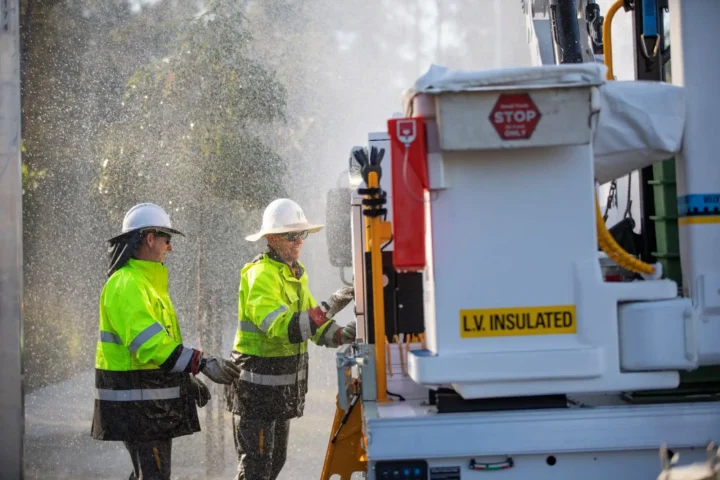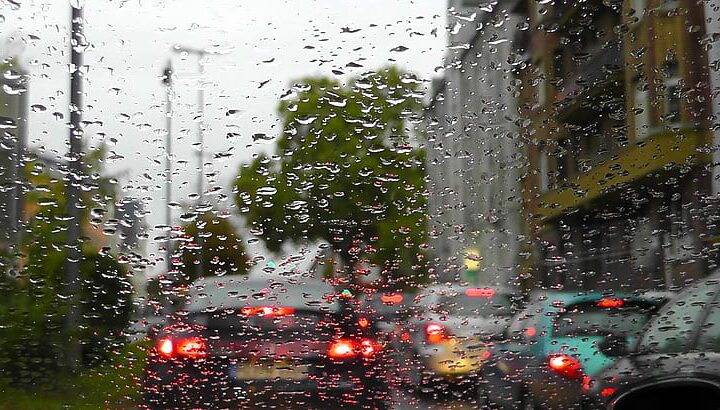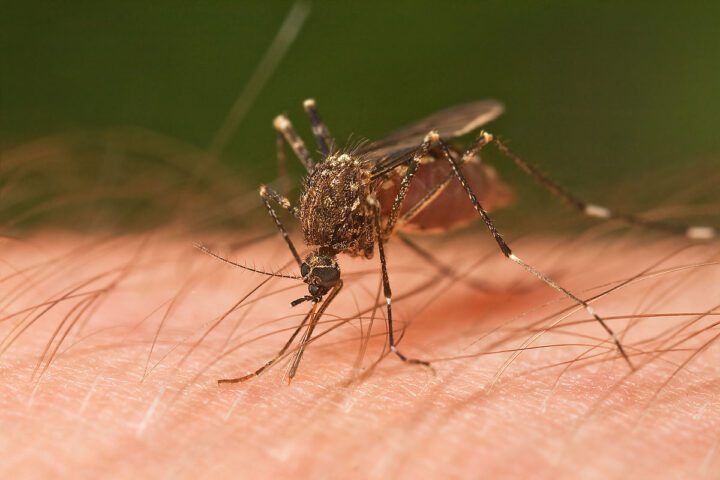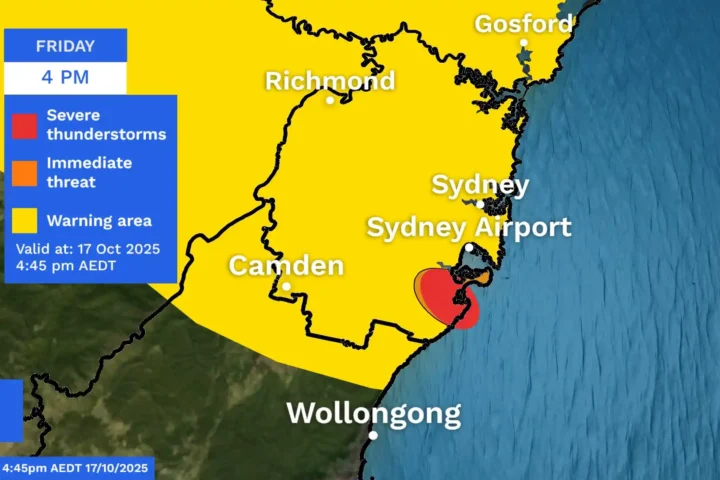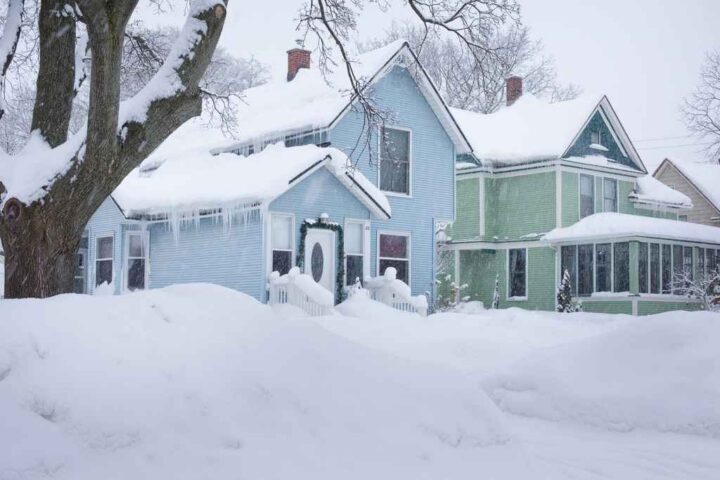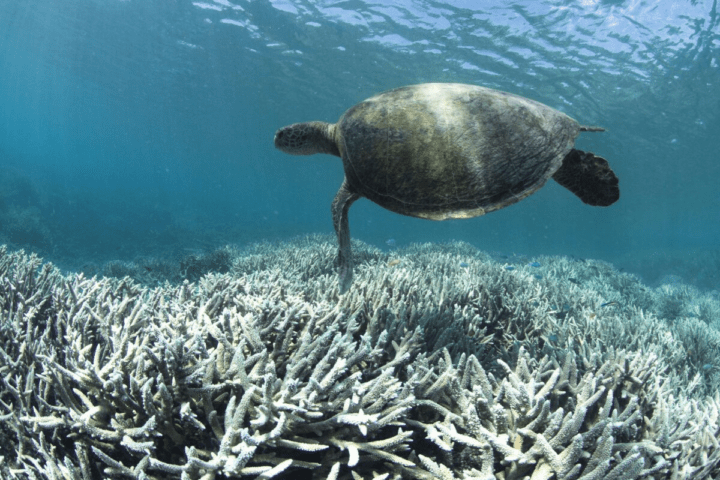When we see wars being waged between Russia & Ukraine and between Israel & Hamas, we come across human tragedy. But the environmental impacts are less known. From ancient times, ‘scorched earth’ was a military tactic. The Mahabharata war brought havoc on the prosperous planes of North India, while Sparta’s army destroyed Athens’ farms.
Two world wars further made life worse with their bombs and other deadly weapons. In World War Two, atomic weapons truly flagged off the era of war with no peace in sight, for their poisoning effects on human beings, land, water, and air remained evident decades later. Terrifying chemicals were used in the Vietnam conflict, leeching into fields and forests, while the Iraq war, fought over oil, was also fought with oil, deliberately released into marine and marsh ecosystems, choking life.
Similar Post
Today, with the Ukraine crisis, military strikes deepen pollution, while the threat of a nuclear catastrophe lingers in the shredded shadows of peace. All this comes at a planetary price. Scientists estimate US military operations since 2001 amount to 1.2 billion metric tons of greenhouse gases—equal to the annual emissions of 257 million passenger cars. The US Defense Department is the world’s single largest consumer of oil and among the biggest greenhouse gas emitters. Military bases, tanks, and transport do not just mirror heated minds. They also reflect a heating planet.
Ironically, such global warming is now feared to cause more instability and wars. However, as global experts emphasize, there are solutions—foremost is weaning militaries worldwide off the fossil fuel dependence that drives conflict. Another is public awareness of the ecological costs of battles, while a third is greater empathy for war’s ravages on non-human beings. It is said that war begins in the minds of the people, so the peace efforts and ecological welfare too should begin in the minds of the common man. For this purpose, social media can be effectively used.
Tolstoy used this theme in his famous novel ‘War & Peace’. Along with COP28, we will have to create strong public opinion in support of peace and environmental protection. Life is precious, and time is important. So, we have to start operation ecological survival immediately. Luckily, the UN, with its approximately 200 member countries, stands for human survival through these trying times.
